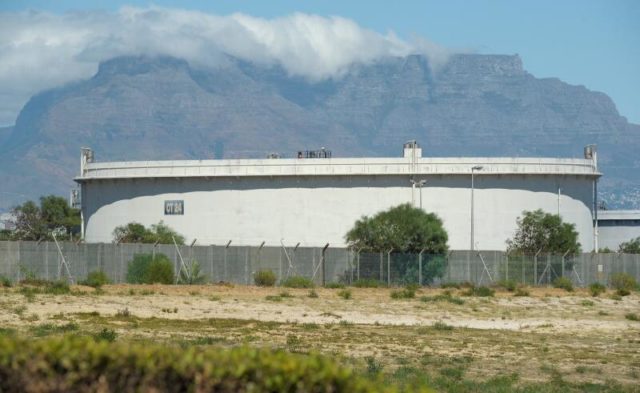As another hefty petrol price hike looms for possibly next week, industry observers have questioned the actual 90-day crude reserves theory, and the true capacity of crude oil reserves.
AS ANOTHER hefty petrol price hike creeps on for possibly next week by up to R2.00 a litre, industry observers have questioned the actual 90-day crude reserves theory, and the true capacity of crude oil reserves.
The government is reconsidering the petroleum price model that compels consumers to pay for long-term storage assets and over-protection of a lucrative industry.
The existence of the 90-day reserves of crude oil, petrol, diesel and kerosene was exposed by industry insiders as having been legislatively expunged in 2013 when it was changed to 21 days because the government, which holds the only six submerged tanks with 7 million barrels capacity each in Saldanha Bay, could not cope with the expense of keeping products in reserve for that long a period.
“There is no proclamation on reserves that we are aware of. We do not know of any company locally that has crude oil storage capacity at this time,” an observer said.
The government is looking at easing the pain at the pumps through stalling increases on the basic fuel levy and the Road Accident Fund levy as the price of Brent crude oil see-saws on the higher sides of $100 a barrel.
Observers pointed out that currently only two of the 7 million litre tanks held crude stock from the Oil for Food Programme transacted with Iran and some stock sourced from Nigeria.
The major import sources for South Africa’s 450,000 barrels a day of crude oil are Saudi Arabia, Nigeria, Angola, Ghana, Togo and Norway.
South Africa also imports about 200,000 barrels a day of refined products from Oman, the United Arab Emirates, Singapore, India and Bahrain.
“It escaped other observers when Minister Mantashe said government would have to sell reserves to release stock to oil companies. Who keeps stock for 90 days? There is no shortage of crude oil globally, it is just that it is more expensive now. We pay through the fuel price for companies to keep their own stock in their tanks. At what point did we get to pay people to keep their own stock? It is a permanent gravy train without end, the petrol price is a recovery mechanism for a lot of assets, we are still paying at the pump for tanks some of which are over 40 years old,” the observer said.
They said no other industry in the country was cushioned from its own risk factors as the petroleum industry.
– BUSINESS REPORT








